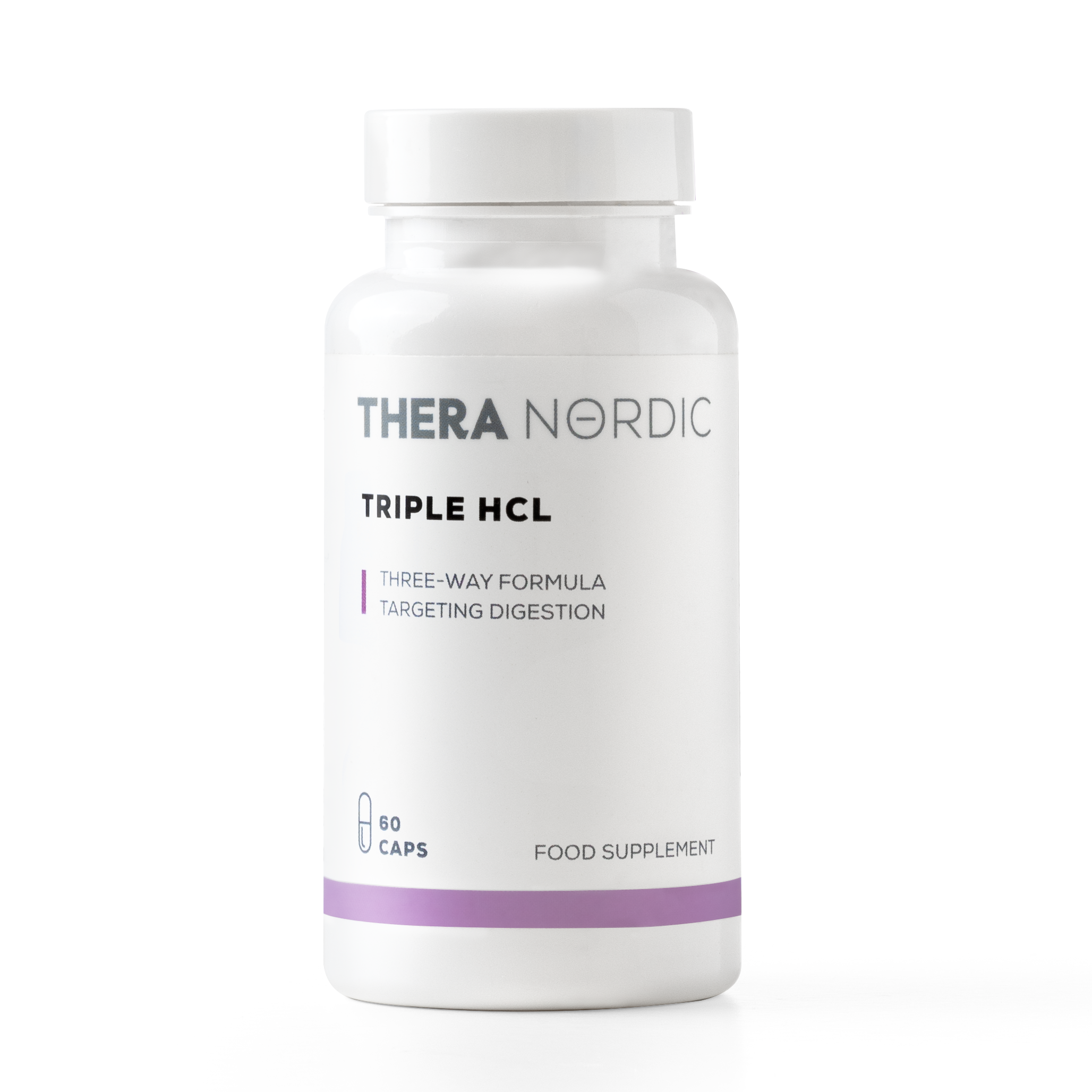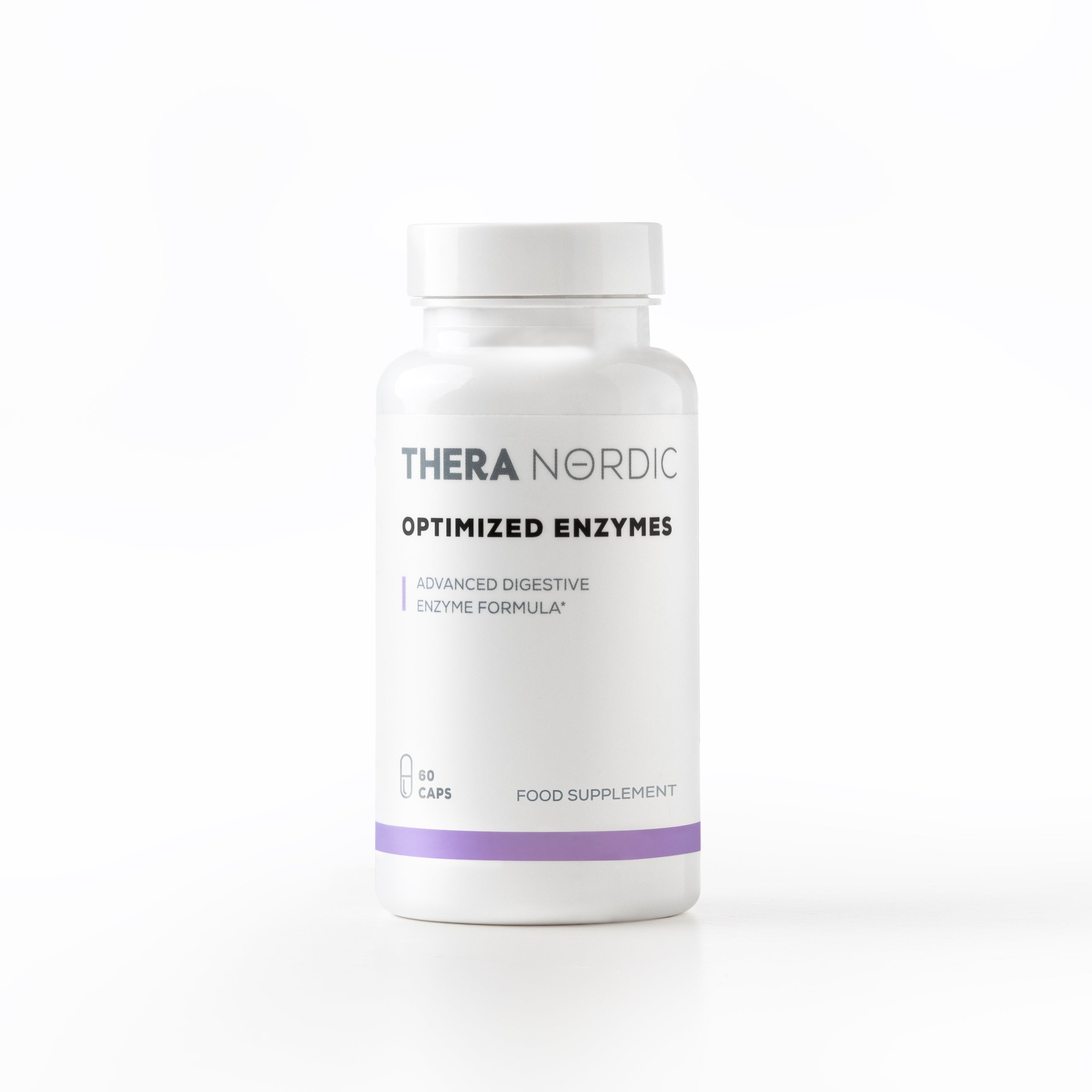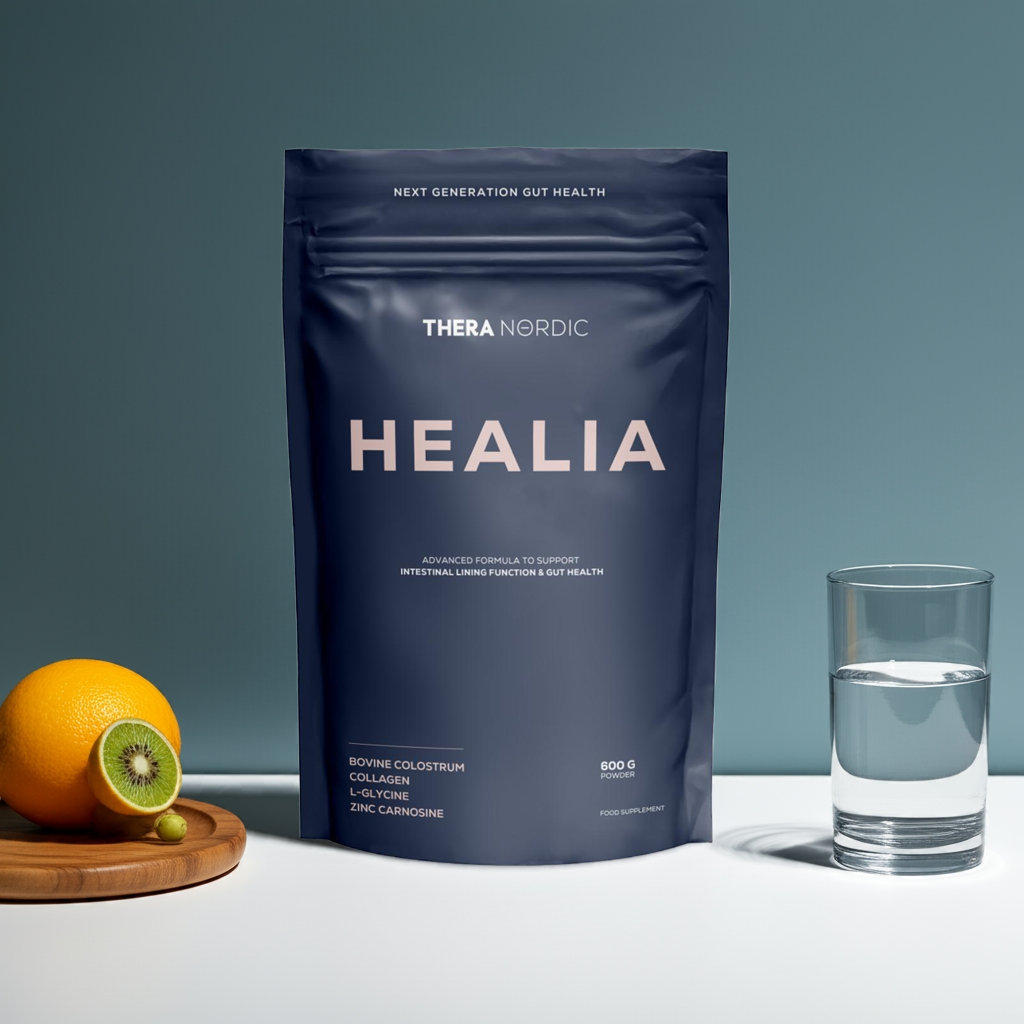Millions blame gluten for their bloating and brain fog. But what if gluten’s been framed for a crime it didn’t commit?
A major Lancet review, spanning 100 studies and 20,000 people, just flipped the script:
Most “gluten-sensitive” people aren’t reacting to gluten at all.
The real culprits? FODMAPs and, sometimes, the mind itself.
The surprising truth: it’s not the gluten
In controlled trials, only around 16% of participants who thought they were gluten-sensitive actually reacted to gluten itself. The majority experienced no reaction when gluten was reintroduced, suggesting that other compounds in wheat (or even psychological factors) may be responsible for their symptoms.
The main suspect? FODMAPs, fermentable carbohydrates found in wheat, barley, rye, and many fruits and vegetables. FODMAPs can ferment in the gut, producing gas and drawing in water, which can lead to bloating, pain, and digestive discomfort. For people with sensitive guts or irritable bowel syndrome (IBS), that reaction can feel identical to “gluten intolerance”.
When researchers removed FODMAPs from participants’ diets but kept gluten in, most symptoms disappeared. When they reintroduced gluten alone, nothing happened.
The power of the mind–gut connection
The study also highlighted another fascinating phenomenon, the nocebo effect. Participants who believed they were eating gluten often felt unwell, even when they weren’t. This demonstrates the deep connection between our brain, expectations, and gut response — a link well recognised in modern gastroenterology and psychology alike (Harvard Health explains it well here).
Our thoughts can trigger physiological changes in digestion, gut motility, and even inflammation. It’s not “all in your head”, it’s your gut-brain axis at work.
IBS, stress, and sensitivity: where things overlap
The Lancet review noted that up to 80% of people who identify as “gluten sensitive” actually meet diagnostic criteria for IBS. That doesn’t mean their symptoms aren’t real, it simply means that the underlying cause may be broader than gluten itself. Stress, emotional tension, or disruption in gut bacteria can all play a part.
This fits perfectly with what we see at THERA Nordic: the digestive system is highly responsive to both what you eat and how you feel. Supporting your gut lining, enzyme production, and microbiome diversity is often far more effective than rigid food avoidance.
Gluten-free ≠ automatically healthy
It’s also worth remembering that a gluten-free diet is not automatically a healthier one. Many gluten-free packaged foods are ultra-processed, low in fibre, and stripped of important nutrients like B vitamins and minerals. A healthy gut thrives on diversity — especially from wholegrains, plant fibres, and naturally fermented foods.
If you’ve cut out gluten but still struggle with digestive issues, it may be time to look deeper. Try keeping a food and symptom journal, exploring a low-FODMAP approach under professional guidance, and focusing on whole, minimally processed foods.
The THERA Nordic perspective
At THERA Nordic, we’ve long believed that the key to lasting digestive health isn’t fear of specific foods — it’s healing and balance. Gut discomfort is rarely caused by one ingredient alone. It’s the result of a complex interplay between your microbiome, diet, stress levels, and the integrity of your gut lining.
That’s why our focus is on supporting repair, digestion, and microbiome harmony rather than restriction. Supplements like REZCUE help soothe and strengthen the gut lining, while Optimized Enzymes and Triple HCL support efficient digestion, giving your body what it needs to thrive naturally.
The takeaway
Gluten might not be the villain it’s been made out to be. For most people, the answer lies in improving overall gut resilience, not cutting out entire food groups.
If you suspect gluten sensitivity, it’s always best to rule out coeliac disease and wheat allergy first with your healthcare provider. But beyond that, think balance, not elimination.
Your gut is resilient, adaptable, and capable of healing. Sometimes, it just needs the right support.
References & further reading:






















